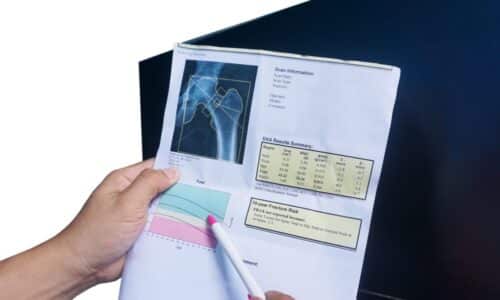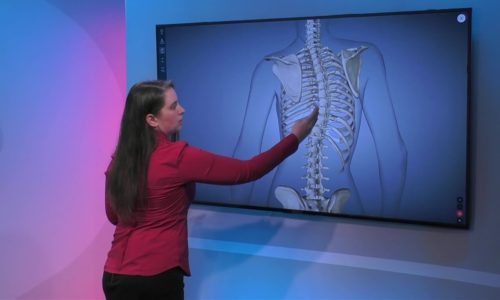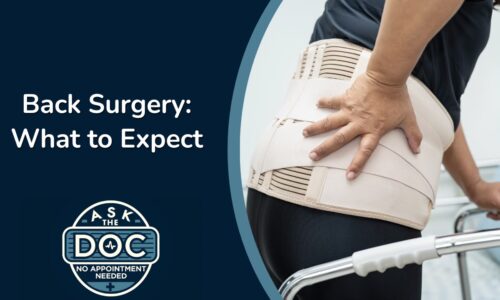Diagnosis of Spondylolisthesis |
Groups in their 20s or 30s have a congenital spondylolysis and then develop spondylolisthesis. Dr. Georgiy Brusovanik, Spine Surgeon with Baptist Health South Florida, says young patients complain about constant back pain and people over 50 complain about that too.
Transcript
All right so how is this usually diagnosed how do you go back down diagnosing this because a lot of people I’m sure when you say you’ve got spondylolisthesis they’re like what sure so you know I see this a navvy group so my kids the teenagers they’ll come in with parents saying that they can’t play that they can sit still they have constant pain in their complaining the group in their 20s and 30s they will have a congenital spondylolysis and then they will develop spondylolisthesis or that shift as the disc ages and you know patients usually start to develop early changes in their thirties 20s 30s 40s and then those patients will complain again of constant back pain I’ll see these moms and then they’ll say I never have a day without pain and they’ll say it’s so like matter-of-factly when in fact they are really suffering now usually what will get that group especially the the tough-as-nails moms into my office is when they get nerve pain or pain went down their legs because that’s really just unbearable and then the third group are patients over 50 who develop usually degenerative spondylolisthesis they’ve lost so much disk height that the spine has shifted and then they complain about the same symptoms so again this kind of spans all generation you








